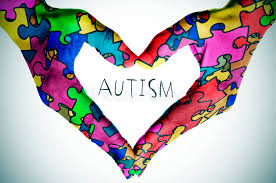Autism tied to mother's microbiome
Dec
12
Based on mouse models of autism used by scientists at Harvard (Medical School) and MIT (Massachusetts Institute of Technology), IL-17A not only changes the mother’s gut microbiome but it also alters brain development in the fetus, affecting the offspring’s immune system. This change in immune development primes the offspring for inflammatory attacks of the gut after birth, leading to neurodevelopmental and immunological symptoms (1).
The findings are based on mouse studies of IL-17a during pregnancy by Gloria Choi, PhD, associate professor at the department of brain and cognitive sciences at the Picower Institute for Learning and Memory at the Massachusetts Institute of Technology, and Jun Huh, PhD, associate professor of immunology, Harvard Medical School.
In related news in 2017, Rensselaer Polytechnic Institute discovered a new way to identify children on the autism spectrum based on concentrations of specific substances, folate-dependent one-carbon (FOCM) metabolism and transsulfuration (TS) pathways, found in their blood samples (2).
1) https://www.genengnews.com/topics/omics/autism-linked-immune-problems-are-caused-by-maternal-gut-bacteria/
2) https://www.genengnews.com/news/autism-blood-test-incorporates-big-data-techniques/


